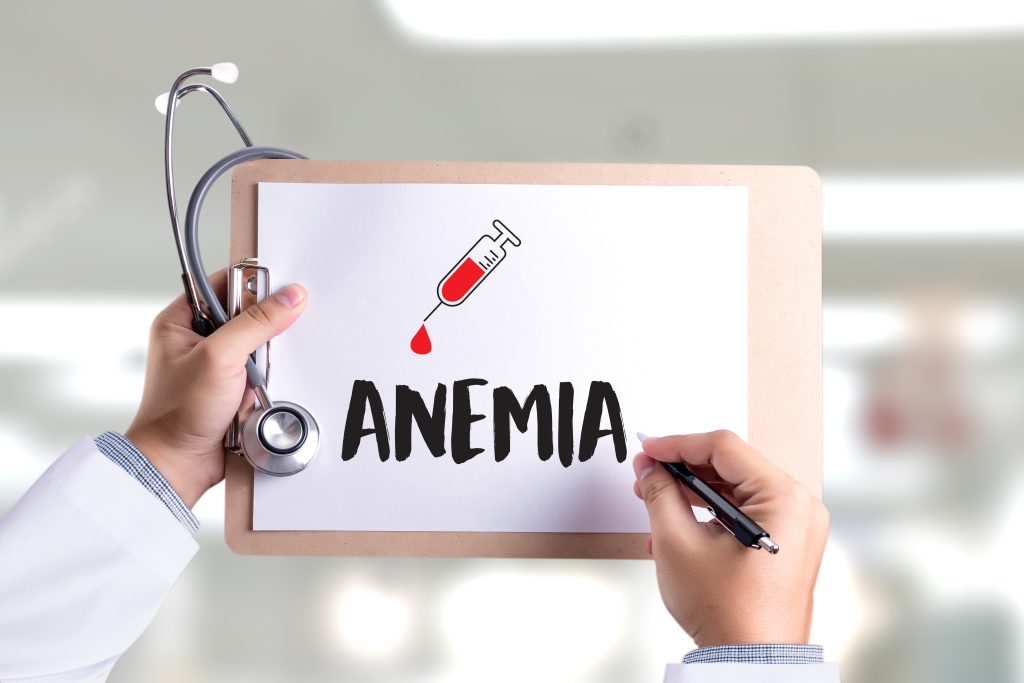Anemia and what causes it
Anemia develops as a result of some other health problems that affect the reduction of red blood cell production in the body or a condition that causes accelerated breakdown of red blood cells in the body. The body must carry red blood cells to stay healthy and function normally.
Red blood cells carry hemoglobin, which carries larger particles of iron. Hemoglobin binds oxygen to itself and carries it further into the body through blood vessels. Many health conditions can affect the production or breakdown of red blood cells, more specifically the change in their level compared to what it is under normal conditions.
There are many types of anemia and there are many causes for different types. Anemia is most often caused due to excessive blood loss, hereditary anemia, leukemia, and can occur due to bone marrow problems. Anemia can be caused by iron deficiency, and iron deficiency is caused by diet, medications such as ibuprofen, persistent indigestion, menstruation, too many blood donations, or excessive physical exertion.

Anemia and what are its symptoms
The most common symptoms that occur if their cause anemia are: feeling weak, irregular heartbeat, dizziness and headaches, pale skin, shortness of breath when breathing, chest pain. The shell organism in which a weaker type of anemia occurs, has no symptoms or is so weak that it is negligible.
Sideropenic anemia most often occurs in women who are menstruating, women who are pregnant or breastfeeding. It can occur in people who have had major surgery or injury, in people who are vegetarians or vegans, in anyone who has an excessively low iron intake in their diet, in people and children who consume too much milk.
If you have sideropenic anemia, you will have ringing and wheezing in your ears, you will have a desire to consume ice, your tongue may swell, your hair will fall out more than usual, your nails will be brittle, and you will constantly feel a pronounced inexplicable weakness. will interfere with your daily life. If you have a deficiency of iron in your blood, this will be manifested by low levels of hemoglobin in your blood.
Anemia and how it is treated
If it’s yours anemia caused by iron deficiency, more precisely you have sideropenic anemia, you can treat it in a simple way. Although iron deficiency can be quickly detected and cured, you will need to take appropriate iron control medications so that your body has a sufficient dose of iron to store in your body.
You can influence your blood iron levels by changing your diet, enrich your daily diet with more meat, such as offal, red meat such as lamb, pork, beef, eating fish, shellfish, blue fish, leafy vegetables that are high in iron. yourself like chard, broccoli, kale. You can include in your diet foods that are fortified with extra iron in the form of pasta, cereals, legumes, rice and the like.
You can receive a dose of iron intravenously, more precisely through an infusion if your doctor recommends it, but if it is anemia it is common to take medication daily. These drugs regulate the level of iron in the blood and provide the body with sufficient levels of iron in the blood. And if you have severe anemia that is not helped by medication, your doctor will recommend a blood transfusion.
source: mayoclinic